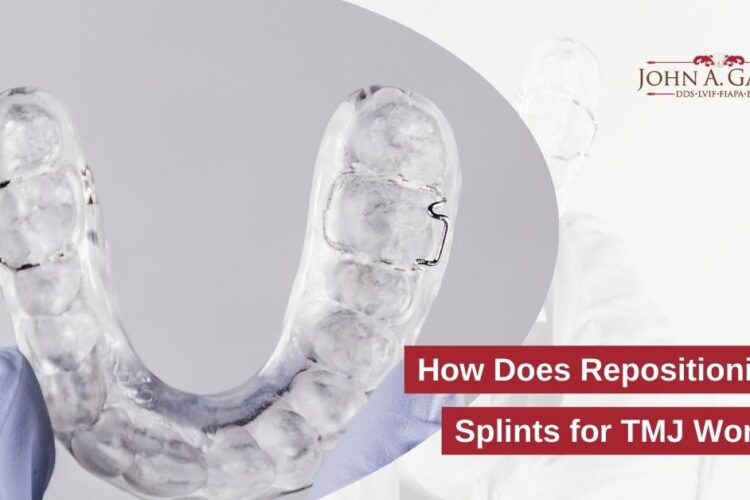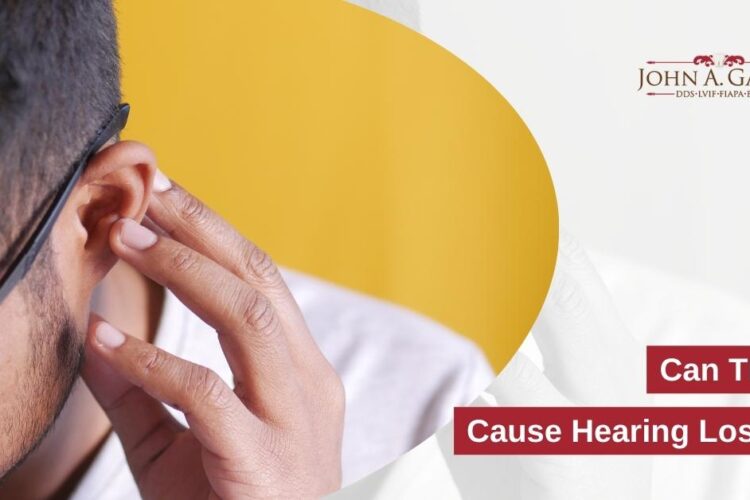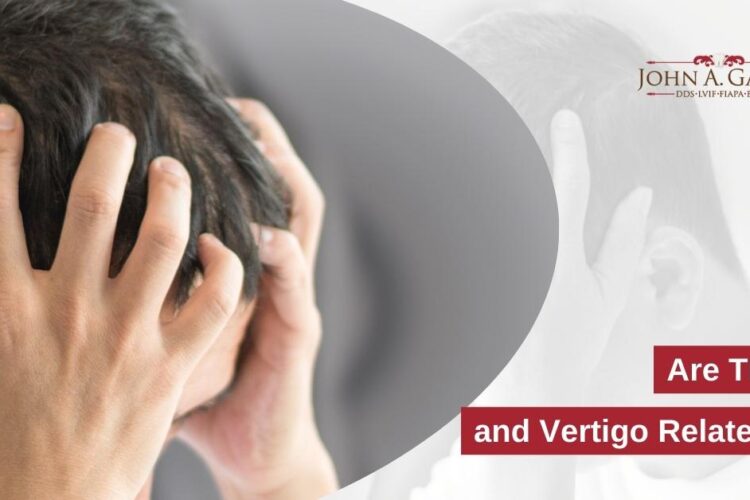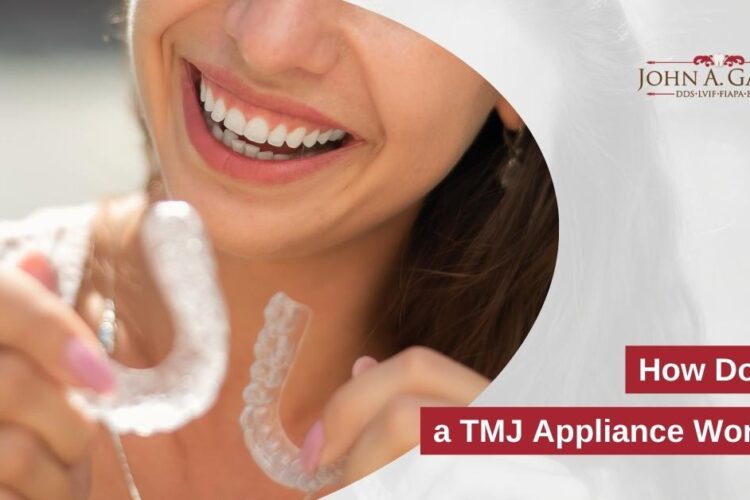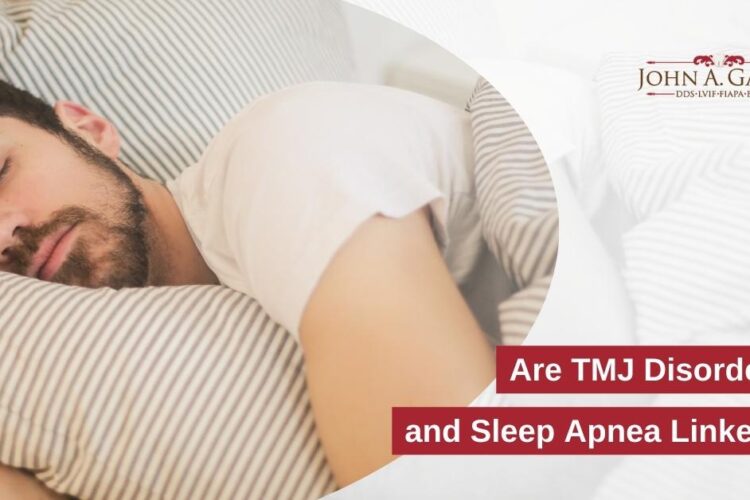Both bruxism and temporomandibular joint dysfunction, sometimes known as TMD or TMJ, are painful diseases frequently treated using occlusal splint therapy. An occlusal appliance, often known as a splint, is a device that can be worn in the mouth and is designed to cover the bite surface. Using a repositioning splint for TMJ can be
read more
It is not surprising that you would correctly guess something might be wrong with your jaw if you are experiencing symptoms like pain or swelling in the jaw, popping noises when you chew or yawn, or locking occasionally. These are all telltale signs of TMJ disorder. If you are experiencing any of these symptoms, you
read more
Jaw joint issues commonly accompany pain and headaches in the jaw area. However, other problems caused by a dysfunction of the temporomandibular joint (TMJ) could surprise you. For instance, this disease might create abrupt sensations of lightheadedness and spinning, which can be a disruption to your sense of balance. Vertigo is a common symptom
read more
Many children and adults suffer from TMJ, which can produce uncomfortable symptoms such as facial pain, headaches in the temples, the inability to open the mouth widely, sensitive teeth, or aching and throbbing jaw muscles. TMJ affects both sides of the jaw and can affect people of any age. Trauma to the jaw joint is
read more
The continual tensions between the various components of the body give our jaws their distinctive shape. Suppose you have trouble breathing through your nose because of restrictive anatomy or allergies. In that case, it may cause you to breathe through your mouth instead of your nose while you sleep. This circumstance might change the forces
read more
